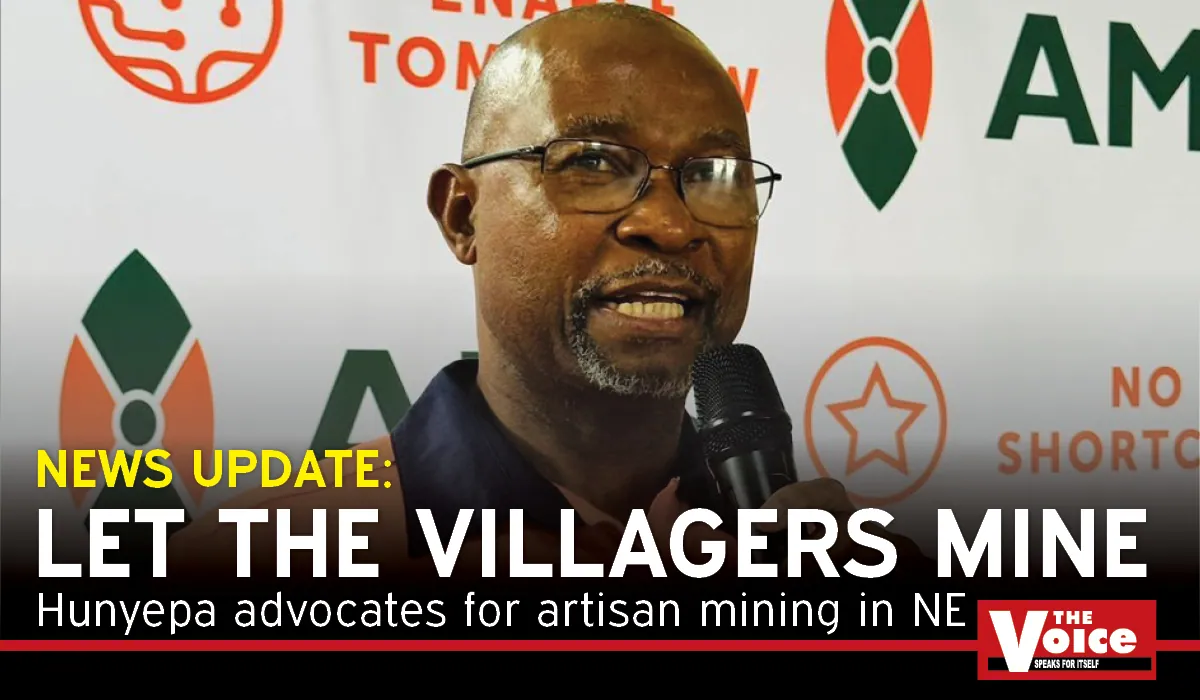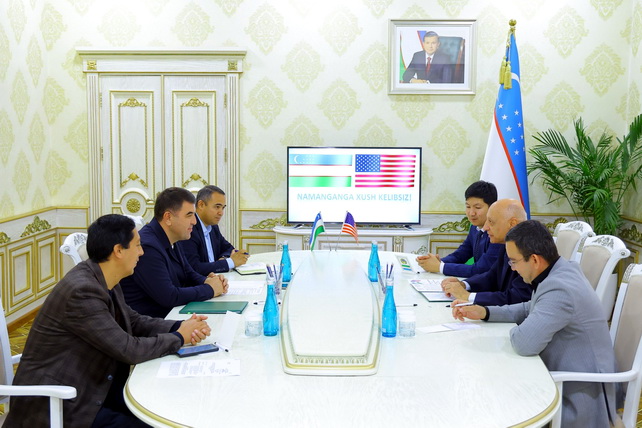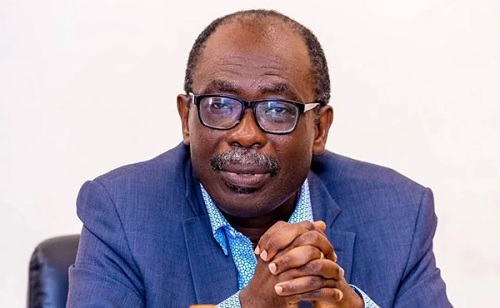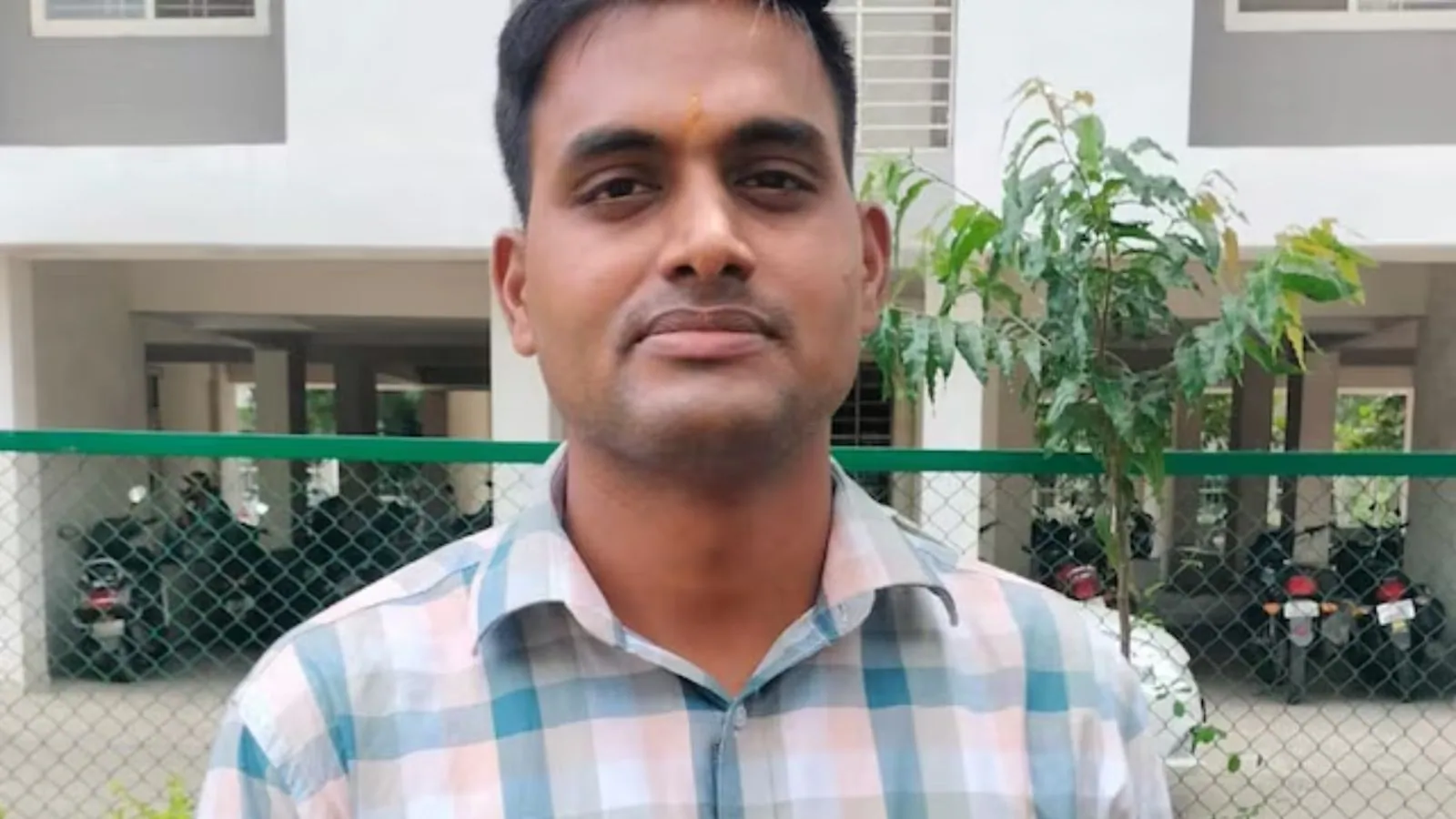Copyright thevoicebw

Hunyepa advocates for artisan mining in NE Member of Parliament for Tati West Justin Hunyepa has called on his government to allow the constituents to mine the area which is rich in platinum, lithium, cobalt, copper, nickel and gold. Addressing Parliament on Monday, Hunyepa who’s also the Assistant Minister of Child Welfare and Basic Education pleaded with government to formalise and promote artisan and small scale mining (ASM) to empower citizens and reclaim control over their mineral wealth. Artisan mining, or small-scale mining, is done by individuals, families, and community groups using simple tools like picks and shovels. “It is a lifeline for many in neighbouring countries such as Zimbabwe, Zambia, Malawi, and Mozambique, where it has created jobs and generated local wealth,” he said. The Assistant Minister further said it was unfortunate that the rich deposits of minerals are enjoyed mainly by illegal immigrants, while citizens remain unemployed. “If we legalise and regulate artisan mining, it can create thousands of jobs, build community economies, and contribute to government revenue through taxes,” said Hunyepa. He said it was absurd that with so much wealth in the area, North East hosts some of the poorest communities. The Assistant Minister is of the opinion that formalizing ASM would be the answer to illegal mining in north east and the Greater Francistown. He said in Kalakamati village illegal gold mining by foreign nationals has become a growing concern, a situation which has also spilled into the recently purchased 45,000-hectare land, where illegal mining operations are flourishing. “These illegal immigrants are taking away the wealth of Batswana, while our citizens watch helplessly,” lamented Hunyepa. Artisanal mining is generally classified under an informal economy as the miners are not officially employed by a mining company, but rather use their own resources to mine. ASM can range from manual subsistence mining using simple tools to vocational mining that is semi-mechanised involving light machinery such as generators, water pumps, and small motorized mills, through to organised mechanised mining that employs industrial equipment such as excavators and bull dozers. ASM is one of the biggest economy drivers in the Democratic Republic of Congo where at least 2 million people are dependent on it. The government revised the 2002 Mining Act to harmonise it with the constitution. The World Bank estimates that for each miner directly involved in artisanal mining, four to five persons indirectly rely on the sector. Consequently, artisan mining contributed to the livelihoods of 8 to 10 million people in 2008, representing up to 16% of the Congolese population. ASM is however not without it’s challenges. It presents physical haxards to workers, while poorly constructed pits, shafts and tunnels are prone to collapses. ASM is however not without it’s challenges. It presents physical hazards to workers, while poorly constructed pits, shafts and tunnels are prone to collapses.



